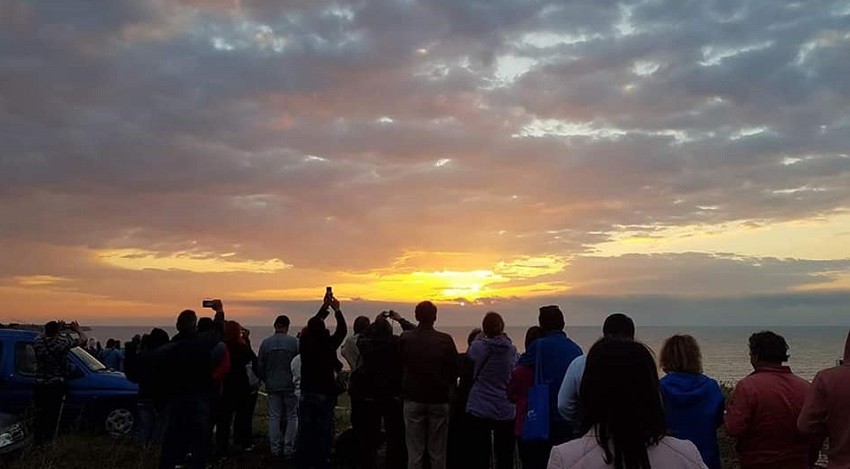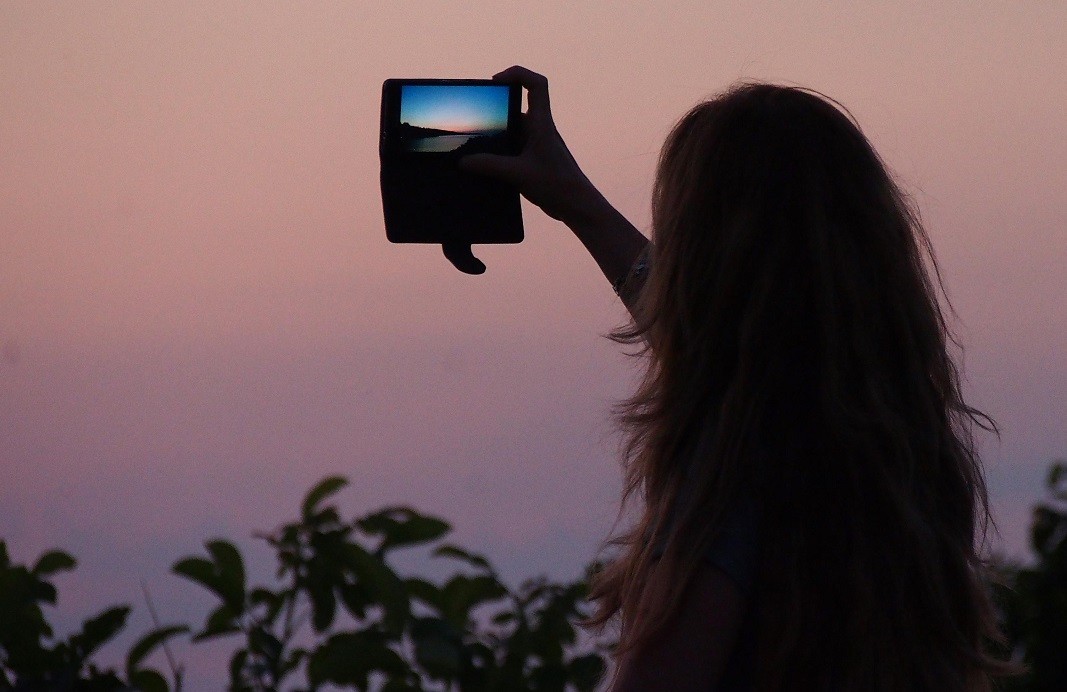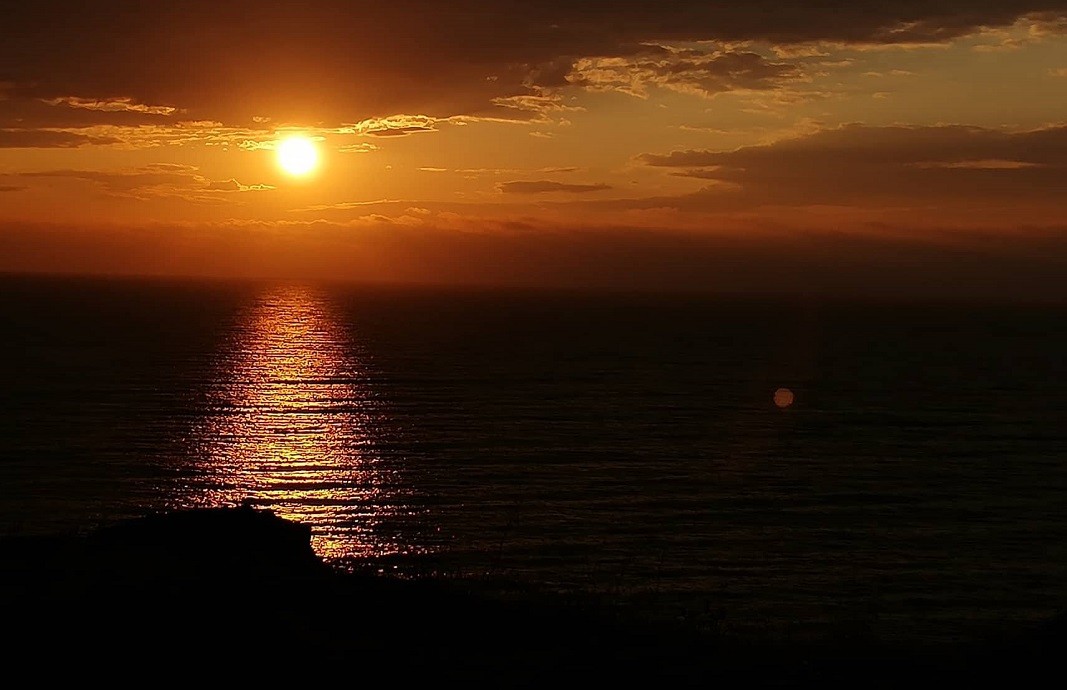There are many unofficial rituals and celebrations on the calendar, each with their own symbols, but as 1 July approaches generations of Bulgarians turn their minds to a classic rock song – July Morning.
Seeing the sun come up on the first day of July is an exhilarating experience because it has, for many years, brought people together in different places – on the sea shore or high up in the mountain – to the sound of Uriah Heep’s 1971 rock classic hit. In Bulgaria the tradition of watching the sun rise on the first morning of July went international with the participation of Uriah Heep’s John Lawton, who has been coming back every year to the Easternmost point of the Bulgarian Black Sea coastline – the Kamen Bryag cliffs – to sing July Morning himself.
The first time people got together in large numbers to watch the sun come up from the seashore on the first July morning was in Varna in 1986, but in totalitarian Bulgaria a day celebrated in hippy-style could hardly have been expected to catch on. But nowadays July Morning, celebrated in all kinds of places in the country, has grown extremely popular as a celebration of the free spirit, for which the sky is the limit.

Despite the restrictions on the gathering of people over Covid-19 and the extension of the emergency situation until 15 July, there will still be July Morning this year and people seem to be looking forward to it more than ever. The proof – a concert in Bourgas on the Black Sea close to the central beach bridge, organized by Bourgas municipality. There will be wood for the various groups of friends who can light a fire of their own to gather around. Eleven Bulgarian rock bands will be playing at the free concert, which kicks off at 8.30 PM.
At Kamen Bryag, a village that has become emblematic of July morning, things will be a bit different. The biggest crowd usually gathers in a locality called Oguncheto on the rocky shore to see the sun come up with a rock marathon. But Kavarna municipality announced that this year the event is cancelled. Still, the neighbouring municipality – Shabla – will have a concert. For the 55th year running it will take place at Dobroudzha campsite, and besides the Uriah Heep classic it will also feature original songs by the rock bands Fara Band and DO SHO. Municipality officials say that at this time the situation in Shabla is calm and there are no registered Covid-19 cases in the region.

Things are unclear in Tvurditsa municipality near Sliven which has, for several years, had its own unorthodox July morning venue. A stage was put up near the submerged St. Ivan of Rila church in Zhrebchebo dam, where the famous Bulgarian rock bands Obraten Effect, Konkurent, Atlas, Episode were supposed to play. But the municipal crisis headquarters cancelled the concert at the last moment because of the worsening epidemiological situation in the municipality and the number of coronavirus cases registered in the town in the past few days.
The three basic safety principles will be complied with at all of the events - distancing, disinfection and discipline - but one thing is certain, they will not cast a shadow over the July morning spirit and the dreams of freedom for long.

Forty Bulgarian schools in 22 US states have become a second home for the children of Bulgarian emigrants. They create continuity between generations and teach about Bulgarian history, traditions, and culture. They also create..
“The end is near – let’s go out with style!” This is the motto of the 2026 Gabrovo Carnival, marking the start of the so-called fifth season of the year – the carnival season. The 11th day of the 11th month ushers in the carnival season..
Bulgarian compatriot Nina Vasileva-Zaneshev is one of the examples among the diaspora abroad, who give us confidence that wherever they are in the world, Bulgarian communities will not lose their connection with Bulgaria. Born in a..
Forty Bulgarian schools in 22 US states have become a second home for the children of Bulgarian emigrants. They create continuity..
“The end is near – let’s go out with style!” This is the motto of the 2026 Gabrovo Carnival, marking the start of the so-called fifth season of the..

+359 2 9336 661
